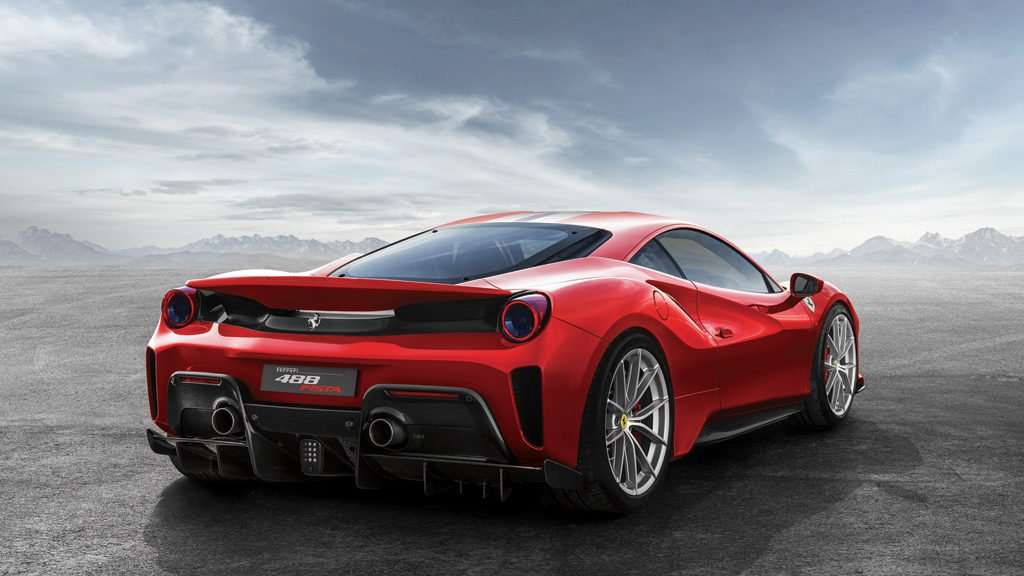car engine types
Understanding the variety of car engine types is essential for anyone considering a vehicle purchase in 2025. Each configuration carries unique strengths, trade-offs, and driving experiences. From efficiency-focused hybrids to adrenaline-inducing V8s, the modern market offers engines tailored to every lifestyle. Choosing wisely requires knowledge of their distinctions and how they align with personal needs.
Inline Engines: Simplicity and Balance
Inline engines remain a cornerstone of the automotive world. With cylinders arranged in a straight line, this configuration delivers smooth power delivery and straightforward engineering. It is often favored in smaller sedans and hatchbacks for its reliability and ease of maintenance. Drivers seeking dependable performance without unnecessary complexity frequently turn to this option.
Types V-Shaped Engines: Power and Prestige
The V engine design, with its cylinders set in two angled banks, provides compactness while maintaining high output. This layout is synonymous with performance sedans, sports cars, and luxury vehicles. The unique geometry reduces overall engine length, allowing engineers to maximize power while conserving space. For those who crave spirited acceleration and a commanding presence on the road, the V configuration offers an exhilarating solution.
Flat Engines: Stability at Speed
Also known as “boxer” engines, flat designs place cylinders opposite each other, creating a low center of gravity. This architecture enhances stability, making vehicles agile and responsive, especially around corners. Sports car manufacturers value the distinctive handling characteristics it produces. Beyond dynamics, flat engines emit a signature exhaust note that enthusiasts instantly recognize.
Rotary Engines: Unconventional Innovation
Although less common today, rotary engines remain a fascinating example of mechanical ingenuity. Instead of pistons, they use a rotating triangular rotor within a chamber. This compact design produces high power relative to size and delivers a unique driving sensation. However, their inefficiency and maintenance challenges have limited widespread adoption. Enthusiasts continue to admire them for their unconventional brilliance and historic legacy in performance cars.
Diesel Types Engines: Efficiency and Torque
Diesel powerplants have long been associated with durability and fuel efficiency. Their ability to produce significant torque at low RPMs makes them ideal for heavy-duty applications such as trucks and long-distance commuters. Modern engineering advancements have also reduced emissions and noise, once considered major drawbacks. While electric alternatives are expanding, diesel engines remain a practical choice in specific segments.
Types Hybrid Engines: Bridging Tradition and Innovation
Hybrids combine conventional combustion engines with electric motors, offering a balance between performance and efficiency. They shine in urban environments, where regenerative braking and electric assistance reduce fuel consumption. Drivers who want lower emissions without committing fully to electric vehicles find hybrids appealing. As infrastructure for full electrification grows, hybrids serve as a valuable transitional option.
Electric Powertrains: The Future of Driving
Electric propulsion has moved from novelty to mainstream. With instant torque, quiet operation, and zero tailpipe emissions, electric vehicles redefine modern mobility. Battery technology continues to improve, extending range and reducing charging times. For eco-conscious drivers or those seeking cutting-edge performance, electric drivetrains deliver a compelling case for adoption. Infrastructure expansion and technological breakthroughs will only accelerate this trend.
Hydrogen Fuel Cells: A Growing Alternative
Hydrogen engines, though still in developmental stages, represent a potential game-changer. By combining hydrogen with oxygen to produce electricity, these systems emit only water vapor. They offer rapid refueling compared to battery-powered vehicles and long range without emissions. However, the lack of fueling infrastructure remains a significant barrier. As governments and manufacturers invest in clean energy, hydrogen may evolve into a viable option for widespread use.
Choosing the Right Engine for Your Lifestyle
Selecting the ideal engine requires aligning technology with lifestyle demands. City dwellers may favor hybrids or compact electric models for efficiency and convenience. Long-distance travelers often benefit from diesel or larger inline engines, which prioritize endurance. Enthusiasts drawn to spirited driving may find the allure of V-shaped or flat engines irresistible. Meanwhile, early adopters of new technology might explore hydrogen or advanced electrics. The key lies in balancing performance, efficiency, and practicality.
Engine technology in 2025 reflects decades of innovation and forward momentum. From tried-and-true configurations to pioneering alternatives, every driver can find an option that resonates with their needs and aspirations. Whether prioritizing sustainability, performance, or reliability, the variety ensures that the journey remains as personal as the destination. The future promises even greater diversification, making mobility not just a necessity, but an expression of individuality.


.jpg?k=1924235ce9)
